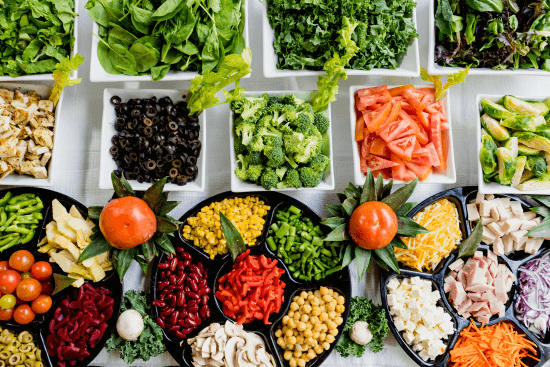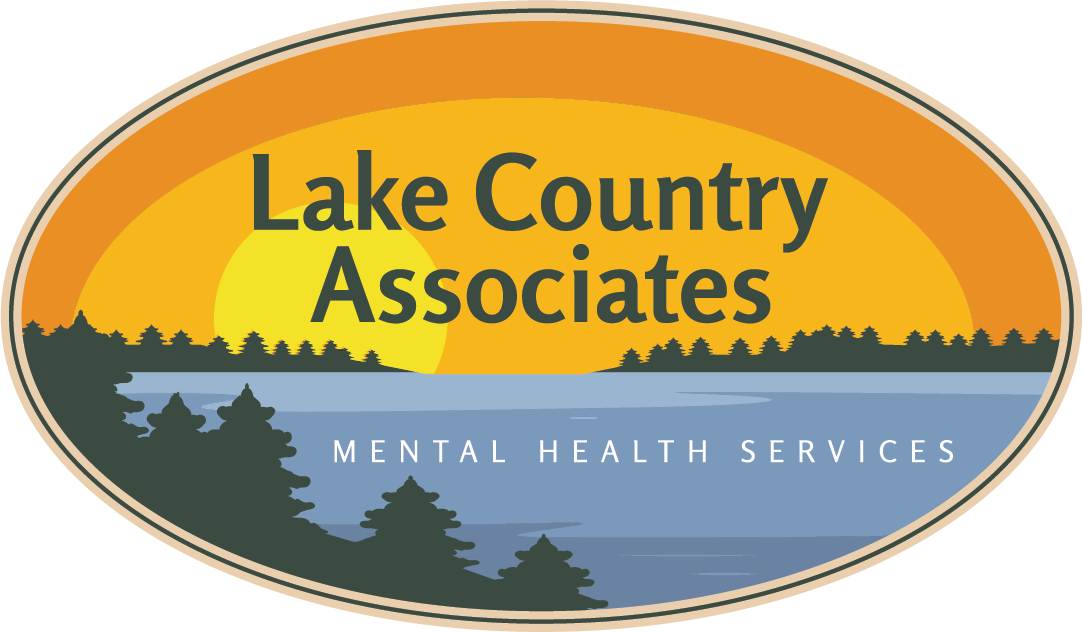by Diane Cerven, LPCC
Self care is the building block of our mental and physical health. Every piece of care that we can add to our lives will only increase our mental and physical health. We’ve talked about how our physical and mental health are connected. One way that we take care of our mental health is by eating healthy.

Food and Our Emotions
Food is fuel and when we feed ourselves foods that are unhealthy or nutritionally lacking, we only hurt ourselves. Sure, our bellies may feel full but our bodies are crying for what it needs to feel good, be better, and take care of ourselves. Striving to eat the best options most of the time is realistic and doable. Our minds will often have cravings to deal with emotions, mostly unhealthy cravings. Satisfying our unhealthy cravings by eating unhealthy food makes our emotions worse. The field of nutritional psychiatry shows a link between healthy eating and our emotions. Nutritional psychiatry has also shown that having a healthy stomach environment by taking a probiotic and cutting out processed foods and artificial sugars improves our emotional health and can improve mental health symptoms. Eating healthy helps and keeps our stomach healthy too. Don’t we all want that? Who knew that what we eat could play such a big role in our mental health? You can read more about nutritional psychiatry here.
Fruits and vegetables are packed with the vitamins and minerals our bodies need. Try eating a minimum of three servings of each a day. Eat the ones you like and try something new. Make sure to mix it up. Different foods have different nutrients, antioxidants, and vitamins that are important for us. Eating seasonal helps you mix it up. Try eating your foods too, not drinking them, unless you blend the whole fruit with skin. It’s important to have the fiber along with the rest. Fruit juice may taste good, but you’re not getting that healthy fiber.
Don’t Forget Protein
Protein is important too, but not too much. Make sure to have healthy protein by watching the fat content. You can get your protein from vegetables too, all vegetables and fruit have some protein but I’m talking about beans, soy products and lentils. There are a lot of options. Then there are starches and grains such as wheat, rice, oats, potatoes, and corn. They are also important because each have their own nutrients, antioxidants and vitamins. As a word of caution, for those who have allergies to any of the suggestions above, be very conscious of food choices and quantity.

By taking care of your body, it will take care of your mind.
Fruits, vegetables, protein, and grains are the building blocks of good nutrition. By taking care of your body, it will take care of your mind. Since it’s all connected, food does affect our ability to control our emotions. Nutritional psychiatry has shown improvement in depression through diet. It is recommended to try eating clean for 2-3 three weeks and monitor how you feel. This is important in children too, as they will get the same benefit. Don’t let your emotions control your eating; use healthy eating to control your emotions.
Caffeine can have different effects on our mental health. Of course, many of us like to have some in the morning as an eye opener and to get the day started. However, caffeine is not friends with anxiety and anger. With anxiety and anger, our bodies are already on red alert. We’re in the fight, flight, or freeze mode. Our heart rate has increased and our digestion has decreased. Our bodies are ready to take on that tiger, but most of the time anxiety has nothing to do with a tiger. When adding caffeine to this already heightened response, our heart rate can increase more, causing stress on our system. I like to remind people that caffeine is not friends with anxiety or anger and to use in moderation if they struggle with either of these.
Need More Help
Coping and self care skills of all types are helpful ways of dealing with our emotions. Mental illnesses like depression, generalized anxiety, trauma, eating disorders, OCD, etc. may need help from a qualified Mental Health Professional. If you need more help, we’re here for you. To schedule a counseling appointment, call us at 218-366-9229 (Park Rapids) or 218-444-2233 (Bemidji). For those interested, I offer Christian counseling out of the Park Rapids office. Please let our office support staff (and me) know that you are interested in Christian counseling. Please check out our staff bios here.
Blessings,
Diane Cerven, LPCC
Want to read more about distraction skills and mental grounding skills?
